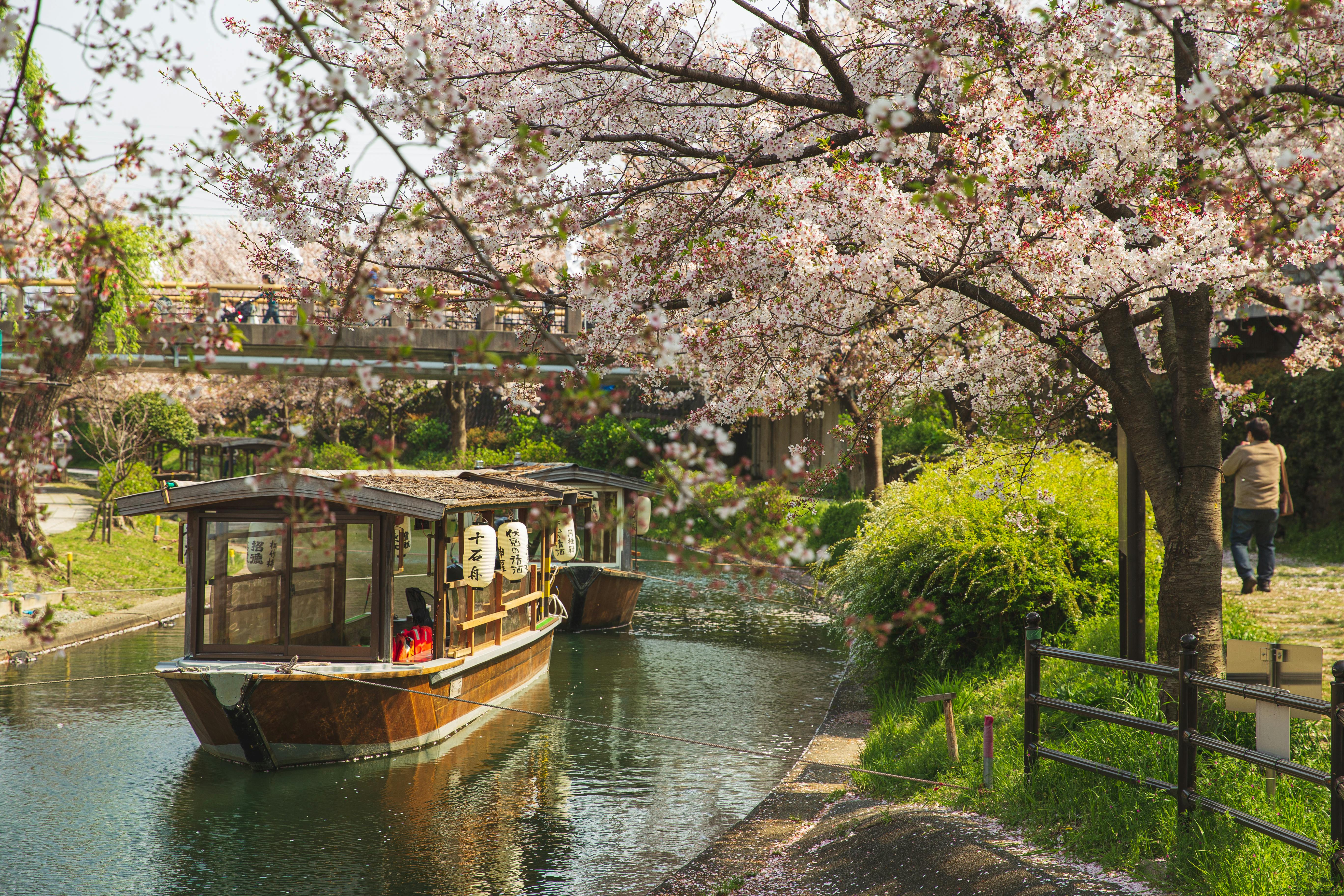Watering your blueberry bush is an important part of keeping it healthy and strong. But how often should you be watering it? The frequency of watering will depend on a few different factors such as the type of bush, the weather, and the soil conditions. In this article, we will discuss the general guidelines for how often you should water a blueberry bush to keep it flourishing.The amount of water a blueberry bush needs depends on the type of soil and climate conditions. Generally, mature blueberry bushes need about 1-2 inches (2.5-5 cm) of water per week during the growing season (spring to fall). Deep, thorough watering once a week is better than short, frequent waterings, as it encourages deeper root growth. In hot climates, you may need to water more frequently. In addition to regular watering, mulch around the base of the bush helps retain moisture in the soil.
When to Water a Blueberry Bush?
Watering blueberry bushes is an important part of their care and maintenance. The amount of water they need depends on the type of bush and its location. In general, blueberry bushes need to be watered once a week, especially during dry periods. The soil should be moist but not soggy. If the soil is dry at least an inch below the surface, it is time to water. To ensure proper water absorption, water slowly at the base of the bush instead of from above. Also make sure that you are not over watering by checking for water pooling around the base of the bush after you are done watering. If there is too much water present, then decrease the amount or frequency of watering until it is at an appropriate level for your blueberry bush.
Which Type of Water is Best for Blueberry Bushes?
When it comes to watering blueberry bushes, the type of water used is just as important as the amount. Blueberry bushes require a balanced pH level of between 4.5 and 5.5, so using water that is too alkaline or acidic can cause problems for the plants. Rainwater is considered to be the best type of water for blueberry bushes as it is naturally balanced and contains essential minerals for healthy growth. Rainwater also has a higher oxygen content than tap water, which helps promote root growth and encourages vigorous flowering and fruiting.
If you don’t have access to rainwater, you can use filtered tap water or even collect your own from a nearby stream or pond. The key is to ensure that the water is free from chlorine or other chemicals that could be harmful to your blueberry bushes. Make sure to test the pH level of the water with a soil pH test kit before using it on your plants.
Finally, avoid using softened water on your blueberry bushes as this type of water often contains salt, which can damage delicate plant roots over time. If you are unsure about which type of water to use for your blueberry bushes, it’s best to consult with an experienced gardener or horticulturist for advice.
In conclusion, rainwater is considered to be the best type of water for blueberry bushes due to its balanced pH level and essential mineral content. If rainwater isn’t available, filtered tap water or collected from a nearby stream or pond can also be used in order to ensure that there are no harmful chemicals in the water that could damage your plants.
How to Properly Water a Blueberry Bush
Watering a blueberry bush is an essential part of maintaining the health of the plant. It’s important to ensure that the bush is receiving enough water, but also not too much. Over-watering can lead to root rot, and too little water can cause the leaves to wilt and the fruit to be small and sour. To properly water a blueberry bush, one needs to consider factors such as soil type, climate, and time of year.
When it comes to soil type, sandy or loamy soils are best for blueberries as they allow for better drainage than clay soils. If your soil is clay-based, adding organic matter such as peat moss will help improve drainage and aeration. Additionally, mulch around the base of your bushes will help conserve moisture in the soil by keeping it cool during hot summer days.
Climate is another factor that affects how often you need to water your blueberry bushes. If you live in an area with high humidity or lots of rainfall, you won’t need to water as often as someone who lives in a dry climate. However, no matter where you live it’s important to monitor how dry or wet your soil is throughout the growing season and adjust accordingly.
Finally, timing is another important factor when watering blueberry bushes. During their active growing season (spring through early fall), they should be watered deeply every week or two if there isn’t enough rain. When temperatures begin to drop in fall (around October/November), reduce watering frequency since plants are going into dormancy and don’t require as much water at this time of year. By following these tips you can ensure that your blueberry bush is getting just the right amount of water!
Benefits of Regularly Watering a Blueberry Bush
Watering a blueberry bush on a regular basis is essential for keeping it healthy and giving it the best chance of producing a good crop of berries. Not only will this help to keep the bush strong and healthy, but it will also help to ensure that the soil around the bush is well-drained and that there is enough moisture for the roots to take up. Regular watering helps to prevent drought stress which can lead to poor yields and reduced berry size.
Watering also helps to reduce disease problems such as root rot, which can be caused by too much moisture in the soil. If the soil is too wet, it will create an environment where fungi can thrive. By providing regular watering, you can reduce this risk. In addition, watering helps to maintain an even temperature in the soil which allows for better growth and development of the plant.
Regular watering also encourages increased berry production by helping to stimulate new growth and bloom cycles throughout the season. This increases the chances of having a successful harvest of sweet, juicy blueberries. Furthermore, adequate water helps to keep fruit size consistent and reduces splitting or cracking which can occur when there is not enough moisture in the soil.
In summary, regular watering is essential for keeping your blueberry bush healthy and productive throughout its growing season. It helps reduce stress from drought conditions, reduces disease risk, stimulates new growth and blooming cycles, and keeps fruit size consistent for harvesting sweet berries.

Potential Issues With Overwatering a Blueberry Bush
Overwatering a blueberry bush can have detrimental effects on its health and productivity. Excessive amounts of water can lead to root rot, which restricts the amount of nutrients and oxygen that the roots absorb. This can cause the leaves to yellow, wilt, or drop prematurely. It can also cause stunted growth and an inability to produce fruit. In some cases, it can even lead to death of the bush.
Too much water can also lead to a buildup of salts in the soil, which leads to an imbalance in the osmotic pressure of the cells within the plant. This causes them to become dehydrated, leading to wilting and other signs of stress. The roots may also become suffocated by an excess of water, leading to poor absorption of nutrients and water itself. This further exacerbates symptoms such as wilting and yellowing leaves.
Additionally, overwatering a blueberry bush can create an environment that is more hospitable for disease-causing fungi and bacteria. These organisms thrive in moist conditions and will attack any weakened plant material they find. This makes it even harder for the bush to survive if it has already been stressed from too much water.
To avoid these issues with overwatering a blueberry bush, it is important to ensure that it gets enough but not too much water. The soil should be allowed to dry out between watering cycles so that the roots have adequate oxygenation and drainage. Water should also be applied evenly around the base of the plant so as not to create an overly moist environment in any one area that could lead to root rot or other issues caused by too much moisture in one spot.
Tips for Effective Irrigation of Blueberry Bushes
Irrigation is essential for blueberry bushes to flourish and produce flavorful, juicy fruit. Proper irrigation techniques can help ensure that your blueberry bushes have enough water to remain healthy and productive. Here are some tips for effective irrigation of blueberry bushes:
First, water your blueberry bushes regularly. Blueberries need 1-2 inches of water per week, either from natural rainfall or irrigation. Water your plants in the morning or evening when temperatures are lower and there’s less risk of evaporation.
Second, consider installing a drip irrigation system. Drip irrigation slowly releases water directly around the roots of the plants, reducing runoff and delivering water directly where it’s needed most. This will also help reduce weed growth and disease.
Third, mulch your soil to conserve moisture. Mulch helps keep moisture in the soil longer by minimizing evaporation and preventing weeds from competing with the blueberries for nutrients and water.
Fourth, avoid overwatering your plants. Overwatering can lead to root rot and other diseases that can affect the health of your blueberry bushes. Monitor soil moisture levels regularly to make sure the soil is not too wet or dry.
Finally, check for signs of drought stress if you’re experiencing hot weather or if you haven’t been able to irrigate as often as usual. Signs include wilting leaves or fruit that doesn’t ripen properly. If you notice any signs of drought stress, increase your watering frequency until the plants recover.
By following these tips, you can help ensure that your blueberry bushes get enough water to remain healthy and productive throughout the growing season.
How to Tell if Your Blueberry Bush is Not Getting Enough Water
If you have a blueberry bush in your garden, it’s important to make sure that it’s getting enough water. If your blueberry bush isn’t getting enough water, it won’t be able to produce healthy fruit. Here are some signs to look out for that may indicate that your blueberry bush isn’t receiving the water it needs.
One sign that your blueberry bush is not getting enough water is wilting leaves. Wilting leaves are a sign of dehydration and occur when plants don’t receive enough water. The leaves will appear droopy and limp. If you notice wilting leaves on your blueberry bush, make sure to give it more water right away.
Another sign that your blueberry bush isn’t receiving enough water is yellowing leaves. Yellowing leaves can indicate a lack of water as well as other issues such as nutrient deficiencies or disease. If you notice yellowing leaves on your blueberry bush, check the soil around the plant to make sure there isn’t a drainage issue or lack of nutrients in the soil.
Finally, if your blueberry bush is not receiving enough water, you may notice poor fruit production or even no fruit at all. Blueberries need a lot of moisture during flowering and fruiting in order to produce healthy berries. Make sure you are providing enough water during these times for optimal fruit production.
By keeping an eye out for these signs, you can make sure that your blueberry bush is getting the right amount of moisture it needs so that it can thrive and produce delicious berries!

Conclusion
Watering a blueberry bush is an important part of keeping it healthy and productive. Blueberry bushes should be watered deeply and regularly, especially during the first few years of growth. Watering with 1-2 inches of water per week will keep the soil moist and provide the necessary nutrients for the bush to grow strong and produce delicious fruit.
It is important to remember that blueberry bushes need more water during periods of intense heat or drought, so you may need to adjust your watering schedule accordingly. Additionally, be sure to check the soil moisture level before watering your blueberry bush and never over-water it. With regular watering, your blueberry bush will flourish and produce a delicious crop year after year.
In summary, blueberry bushes should be watered deeply and regularly with 1-2 inches of water per week. During hot or dry periods, you may need to adjust your watering schedule accordingly. It’s also important to check the soil moisture level before adding more water and never over-water your bush. With proper care, you can enjoy a bumper crop from your very own blueberry bush for many years to come!



